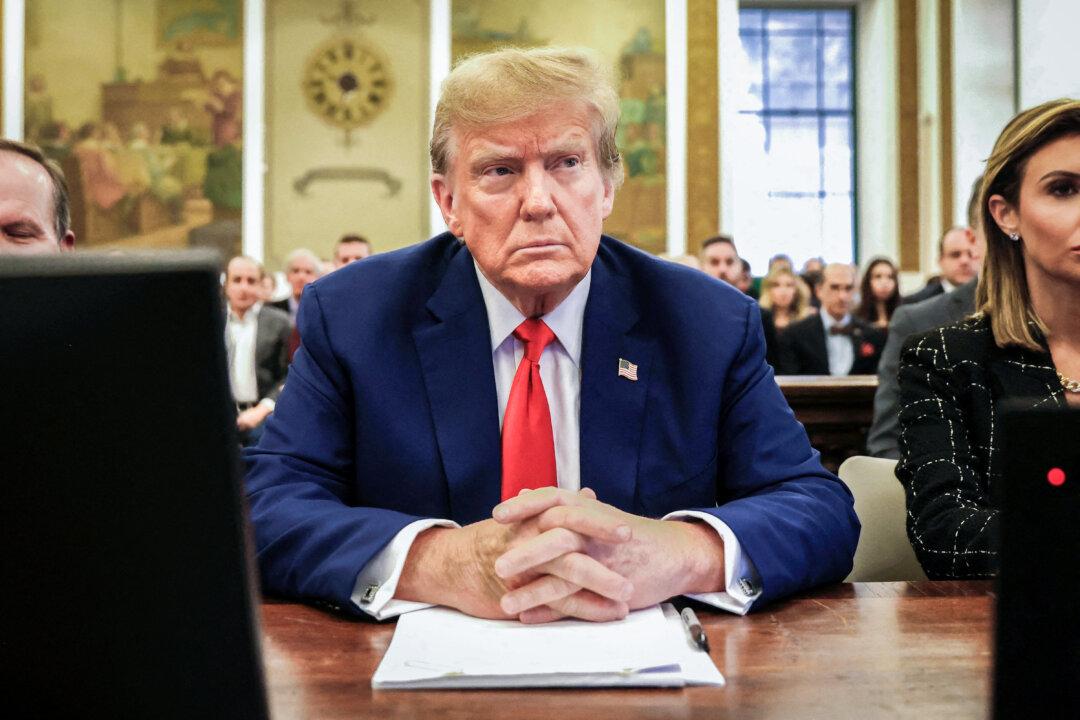The same day prosecutors filed a motion opposing former President Donald Trump’s request for a month’s delay in deadlines in his classified documents case, they served his attorneys 750 pages of material, some of it classified, which defense attorneys said they had been requesting for months.
Prosecutors argued that the month delay was part of President Trump’s effort to postpone deadlines, and ultimately the trial, “indefinitely.”





